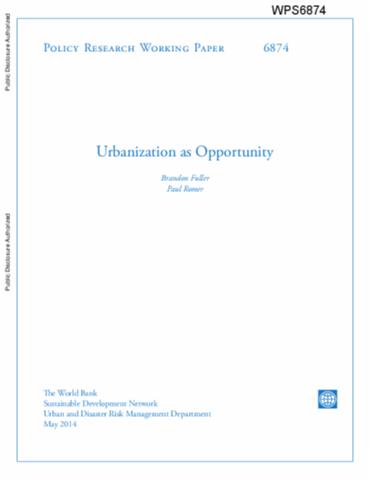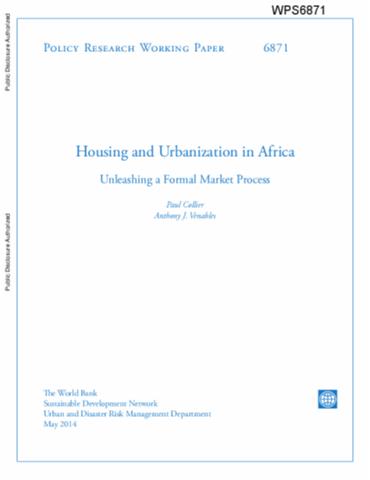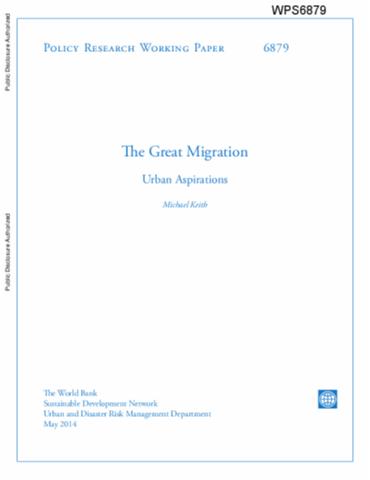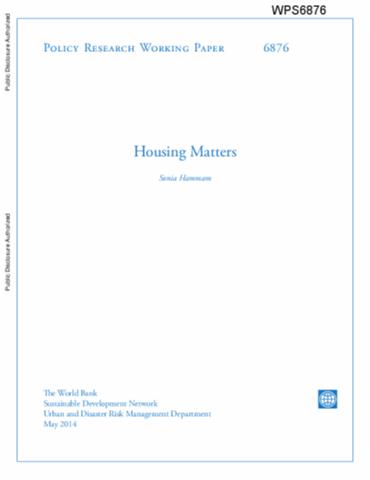North Africa Coastal Cities Address Natural Disasters and Climate Change
North Africa's coastal cities, long
benefitting from their ready access to commerce and culture,
also face distinct vulnerabilities due to their location.
Natural hazards and extreme weather patterns impose risks on
coastal areas that inland areas seldom encounter. North
Africa's increasingly populous cities face tangible
risks today, but these will be amplified as the impacts of
global climate change further manifest themselves over the





